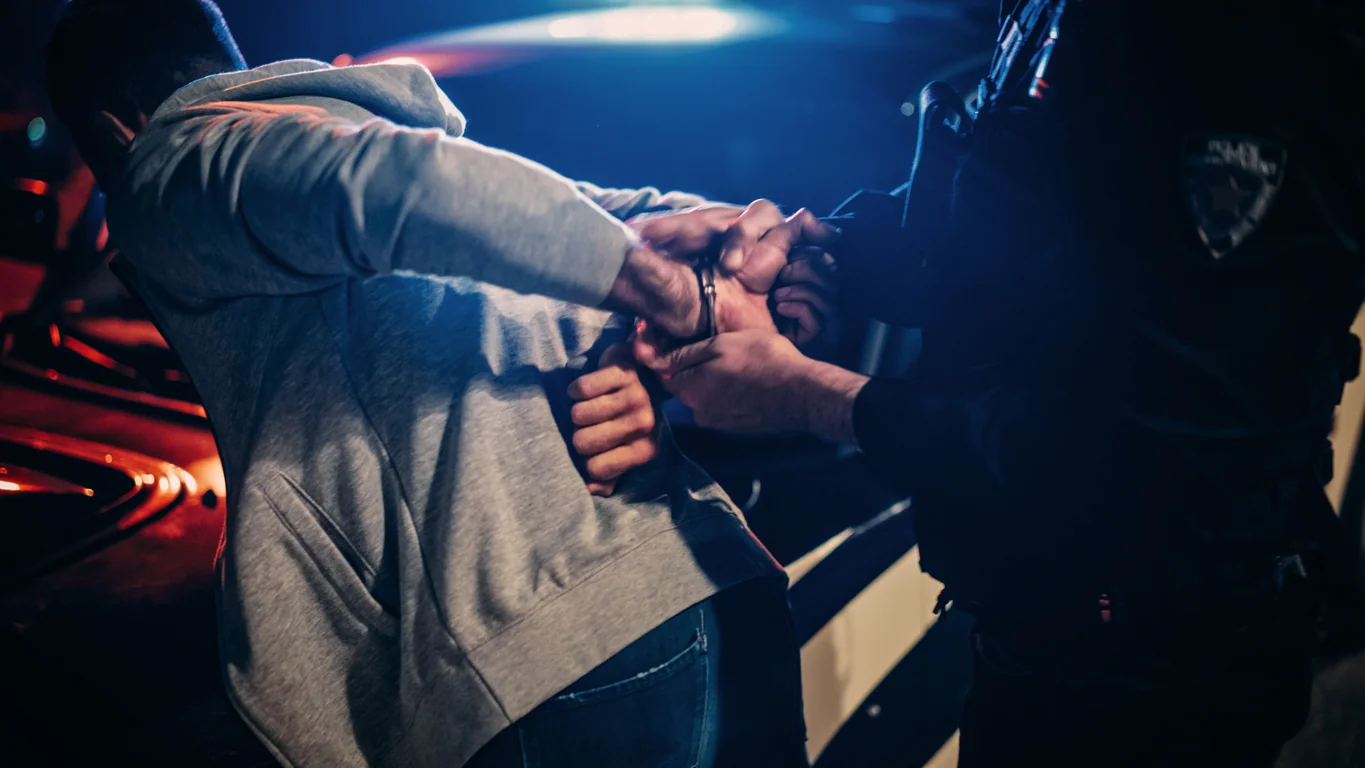Being arrested for the first time in New York City can feel overwhelming. The uncertainty of what comes next, combined with the stress of being in custody, leaves many people feeling lost. The good news is that NYC follows a straightforward process for first-time arrests. When you understand the steps ahead, you can prepare yourself and make better decisions about your case.
This guide will walk you through what happens after a first-time arrest in New York City, from the moment you are taken into custody to the early stages of your case.
Arrest and Booking
If you are arrested in New York City, the police will usually bring you to the precinct where the arrest occurred. There, officers complete the booking process:
- Fingerprinting and photographing
- Recording personal information
- Placing you in a holding cell until arraignment
In most cases, arraignments happen within 24 hours, although delays of up to 48 hours sometimes occur. During this time, you will not yet have a chance to argue your case in front of a judge. The booking stage is primarily about formalities and ensuring your information is entered into the system.
For some lower-level charges, police may issue a Desk Appearance Ticket (DAT) instead of holding you in custody. This allows you to be released and required to appear in court at a later date for arraignment.
Arraignment: Your First Court Appearance
Arraignment is your first appearance before a judge. In NYC, you’re generally arraigned within about 24 hours of arrest, but delays can occur. This step is crucial because it sets the tone for what comes next.
At arraignment, the judge will:
- Inform you of the charges filed against you
- Advise you of your rights
- Ask you to enter a plea of guilty or not guilty
- Decide whether you will be released, required to post bail, or held in custody
At this hearing the judge decides release conditions: release on recognizance, supervised release, bail, or remand.
Understanding Bail in NYC
If the judge sets bail, the amount depends on several factors, including the seriousness of the charges, your prior record, and whether the court believes you are likely to return for future appearances. Bail can be paid in different ways:
- Cash bail – paid directly to the court, refundable if you attend all required dates
- Bail bond – secured through a bondsman for a percentage of the bail amount
- Supervised release – monitoring instead of paying bail
- Release on recognizance (ROR) – no payment required, but you must return to court
NYC’s Supervised Release program is a non-monetary option available citywide; judges can order it instead of setting bail to help ensure you return to court.
Under New York’s bail reforms, most misdemeanors and many non-violent felonies are not money-bail eligible; judges must use the least restrictive conditions to ensure you return to court on those charges.
Early Case Procedures After Arraignment
Once arraignment is complete, your case moves into the pre-trial phase. This stage includes several important steps:
- Discovery – the prosecution must share evidence with your defense team
- Court dates – you may have hearings or status conferences where updates are provided
- Plea negotiations – prosecutors sometimes offer reduced charges or alternative sentences in exchange for a guilty plea
- Motions to dismiss or suppress evidence – your defense lawyer may challenge the legality of the arrest or certain evidence
These early weeks are critical. Decisions made at this stage can shape the entire outcome of your case.
Why Acting Quickly Matters
After a first-time arrest, time is not on your side. Acting quickly can make a significant difference in your case. Here’s why:
- Bail hearings – Having legal representation early improves your chances of release.
- Evidence review – The sooner your lawyer begins examining the prosecution’s evidence, the stronger your defense can be.
- Plea options – Early negotiations may lead to reduced charges or alternative sentencing.
When you take action immediately, you give yourself the best chance to protect your rights and future.
Moving Forward After a First-Time Arrest
Facing a first-time arrest in New York City does not mean your life is ruined. With the right legal guidance, many people are able to resolve their cases with minimal long-term consequences. What matters most is that you understand the process, take the situation seriously, and get help from an experienced defense team.
At The Fast Law Firm, P.C., we are committed to standing by your side from arraignment to resolution. If you have been arrested in New York City, don’t wait to get answers. Contact us today to discuss your case and protect your future.


